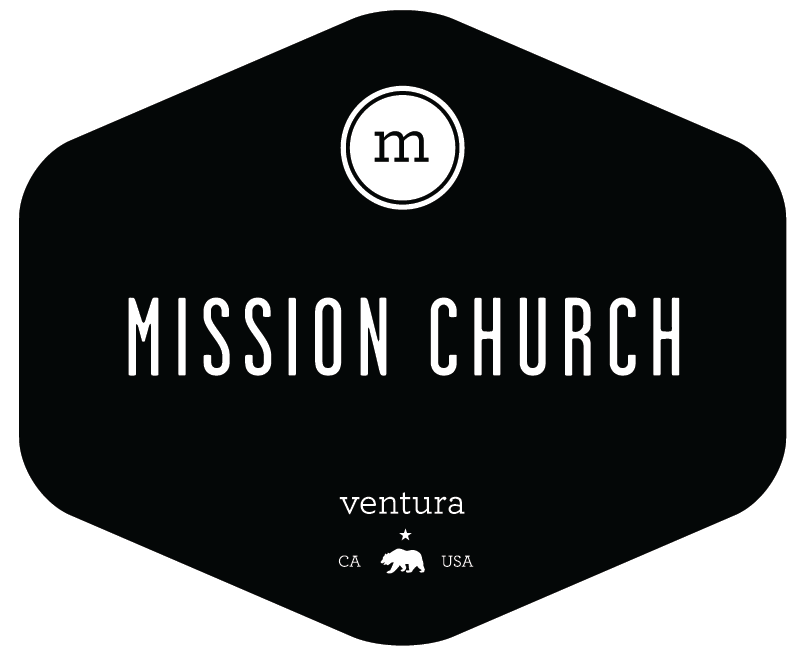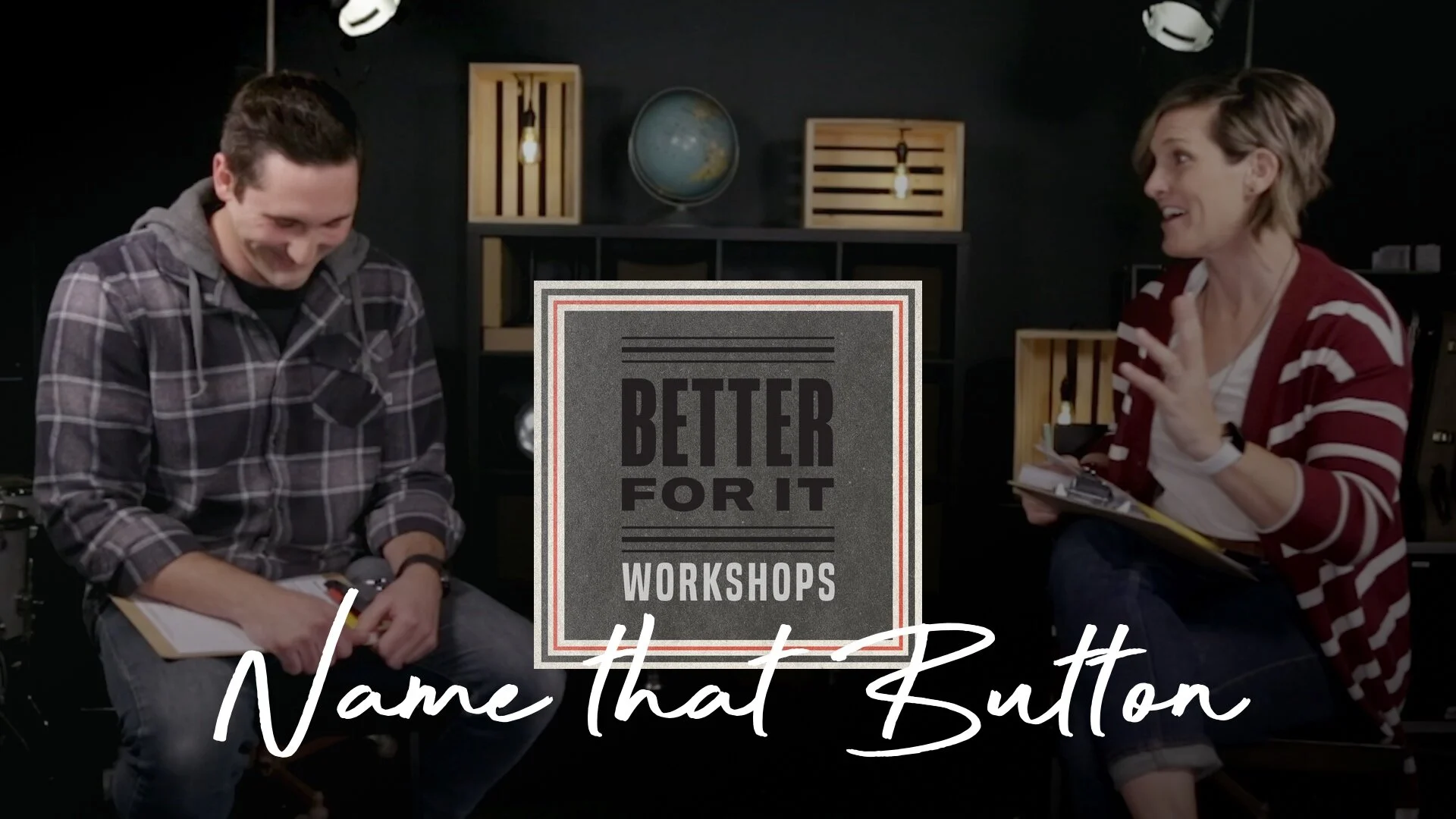Better Responses
Better For It, Pt. 2
Every time we gather as a group, these are some ways we ensure the best group discussion:
We make the circle safe by staying honest and transparent - leave the masks at the door.
We keep it inside the circle. Each person’s story is theirs alone to share.
We look to the Bible for wisdom and truth, and work together to let it shape how we see the world.
We don’t try to fix each other in front of each other or give unsolicited advice. We lovingly save hard conversations for private moments.
We respect each others’ time by starting and ending when we say we will.
We believe that in Jesus Christ, there is hope for everyone.
When bad things happen…
deny it or admit it
stuff it or reveal it
numb it or feel it
carry it or release it
go to God with it
John 6:60, 66-68
On hearing it, many of his disciples said, "This is a hard teaching. Who can accept it?"… From this time many of his disciples turned back and no longer followed him. "You do not want to leave too, do you?" Jesus asked the Twelve. Simon Peter answered him, "Lord, to whom shall we go? You have the words of eternal life. We believe and know that you are the Holy One of God."
Psalm 34:18 (NIV)
The Lord is close to the brokenhearted and saves those who are crushed in spirit.
1 Peter 5:7 (NIV)
Cast all your anxiety on him because he cares for you.
John 16:33
"I have told you these things, so that in me you may have peace. In this world you will have trouble. But take heart! I have overcome the world."
Bad Thinking about “trouble”
Get over it
Shouldn’t have any
Won’t happen to me
God owes me something better
At the Cross…
we see that God loves us
God allows freedom, but maintains control
God can use the worst for eternal good
Key Question
How would someone respond in my situation if they were sure God was with them?
Start with M.U.D.
Memorable + Understandable + Doable
What was the most memorable part of the message or service this weekend for you personally? Why?
Did anything you heard challenge or influence how you think about God or your life?
How can what you learned influence or change how you live in everyday life? What tangible steps would it take to make that change a reality?
Additional Questions
We all react differently when bad things happen, but we are all faced with similar decisions.
deny it or admit it
stuff it or reveal it
numb it or feel it
carry it or release it
go to God with it
What are some of your natural responses when bad things happen in life? When and how do you think you developed those natural responses?
What effect do those natural responses have on your relationships with God or with others?
Mike says that our response to suffering and challenges is our “superpower”. Psalm 34 tells us that God is close to the brokenhearted, and 1 Peter 5 says that God cares for us so much that he wants us to cast all our anxieties on him.
Have hard times or suffering ever brought you closer to God? What did you do to help that happen?
What does it look like to tangibly cast your anxiety on God? How can we do that in a way that brings us closer to him?
We are all taught different things about trouble and why it comes our way. And following Jesus requires us to learn a very new way of looking at trouble. Some common ways we’re taught to view trouble are that we should be able to get over it, I shouldn’t have any at all, it won’t happen to me, and God owes me something better.
Why are these views of trouble so damaging to our faith and growth?
Do you struggle with any of these ways of viewing trouble that comes your way? How has it let you down or set you back?
Jesus going to the cross shows us some incredibly important things about how we should respond to suffering and how God cares for us: we see that God loves us sacrificially, God allows freedom but maintains control, and God can use the worst for eternal good.
Which of those feels most challenging for you to trust?
What experience, information, or help would you need to grow in trust in that area?
Better Responses Workshop / “Name that Button” Questions
Watch the Better Responses Workshop →
Sometimes people push your buttons… but they didn’t put the button there. Emotional wounds are a lot like physical wounds - we are hyper-vigilant about protecting them.
Can you identify some common situations where your button gets pushed?
How have your “survival reactions” damaged relationships or distanced you from important people?
How much does your stress level affect your ability to respond well instead of react rashly?




